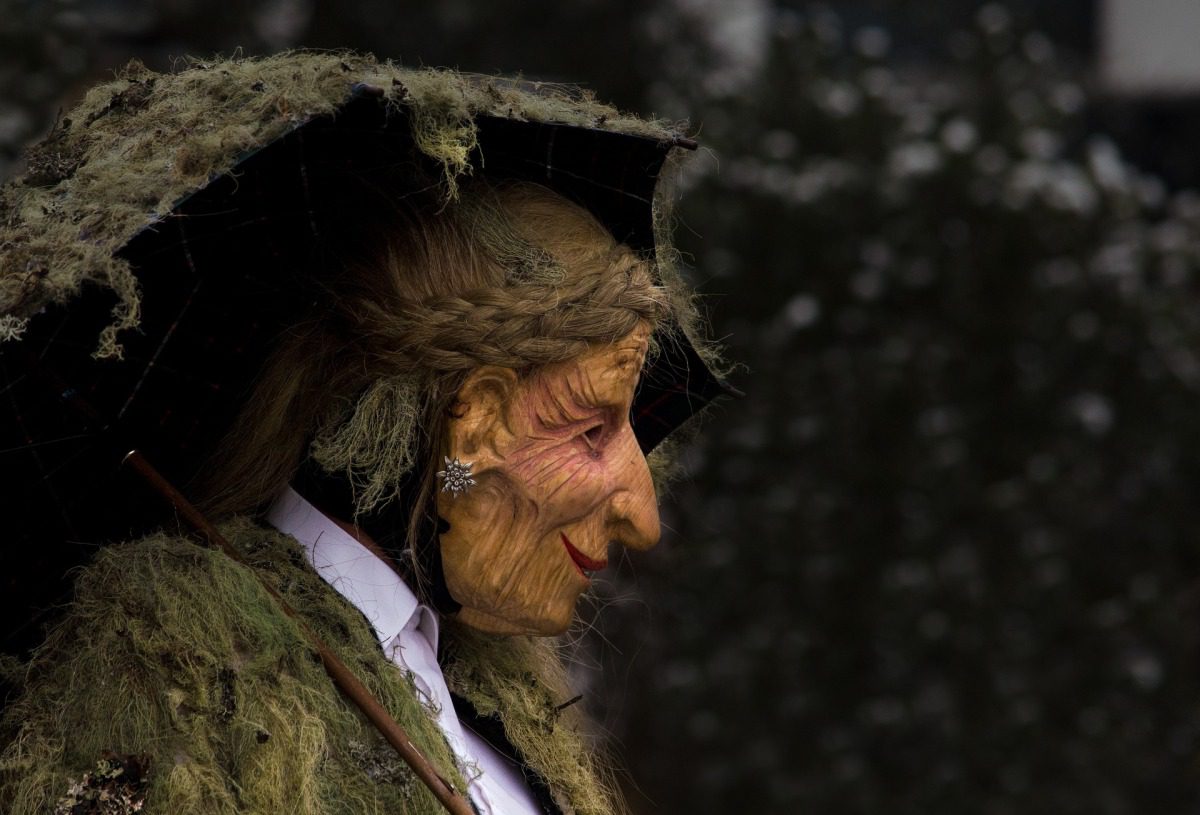This article explores 10 bizarre superstitions from around the world. It begins by discussing the belief that encountering a black cat brings bad luck, which is prevalent in Western cultures. The superstition of walking under a ladder is also explained, as well as the belief that breaking a mirror brings seven years of bad luck. Opening an umbrella indoors and the fear of Friday the 13th are also discussed. The article mentions the superstition of tossing salt over the shoulder and the fear of the number 4 in East Asian countries. Crossing fingers for luck and the superstition of sweeping feet are explained as well. Lastly, the article delves into the belief that itchy palms are a sign of good or bad luck in different cultures.
10 Bizarre Superstitions from Around the World
1. Black Cats Bring Bad Luck (Most commonly believed in Western cultures)
One of the most well-known superstitions around the world is that encountering a black cat brings bad luck. This belief is particularly prevalent in Western cultures, where black cats are often associated with witches and evil omens. People tend to avoid crossing paths with black cats and may even refuse to adopt them as pets, fearing the consequences of the superstition.
2. Walking under a Ladder (Popular superstition in the United States and Europe)
Another widely known superstition is the belief that walking under a ladder brings bad luck. This notion stems from the idea that a ladder resembles a triangle when leaning against a wall, which is considered the shape of the Holy Trinity. Consequently, disrupting the triangle by walking underneath it is seen as disrespectful and invites misfortune.
3. Breaking a Mirror (Common superstition across various cultures)
Breaking a mirror is often associated with seven years of bad luck in several cultures around the world. This superstition originated in ancient Roman times when mirrors were thought to reflect one’s soul; thus, breaking a mirror was considered an omen of damaging one’s soul. To counteract this curse, it was believed that gathering and burying the broken mirror’s pieces under a moonlit sky could break the spell.
4. Opening an Umbrella indoors (Widely believed in Western cultures)
Many people avoid opening an umbrella indoors due to the belief that it brings bad luck. This superstition is believed to have originated from ancient Egyptian and Roman times when umbrellas were used to protect against the scorching sun. Opening an umbrella indoors was seen as an insult to the sun god and was consequently thought to bring misfortune.
5. Friday the 13th (Commonly feared worldwide)
Friday the 13th is infamous for being a day associated with bad luck and unfortunate events. The superstition surrounding this day is believed to have originated from a combination of Christian and Norse mythology. In Christianity, Friday was the day Jesus was crucified, and there were thirteen people present at the Last Supper. Consequently, Friday the 13th became associated with doom and gloom.
6. Tossing Salt over the Shoulder (Popular in Western cultures)
Tossing salt over the shoulder after spilling it is a superstitious act performed to ward off bad luck. This belief originated from ancient Roman times when salt was considered a valuable resource. Spilling salt was seen as a sign of future misfortune, but throwing it over the left shoulder into the eyes of the devil was believed to protect against this ill fate.
7. Number 4 (Commonly feared in East Asia)
In many East Asian countries, the number 4 is considered unlucky because its pronunciation is similar to the word for “death” in Chinese, Japanese, and Korean languages. Due to this superstition, elevators and buildings sometimes omit the fourth floor or any floor containing the number 4. It is also common to avoid giving gifts in sets of four.
8. Crossing Fingers (Widespread in Western cultures)
The act of crossing one’s fingers is often done for luck or to wish for something good to happen. This superstition originated from early Christianity, where believers crossed their index and middle fingers in the shape of a cross to invoke the power of the crucifix. Nowadays, crossing fingers is often done to ward off bad luck or to express hope for a positive outcome.
9. Sweeping Feet (Believed in several European countries)
Sweeping someone’s feet with a broom is a superstition believed to bring bad luck. This belief is common in several European countries and is believed to originate from the medieval era when witches were associated with brooms and sweeping. It is thought that sweeping someone’s feet will sweep away their luck and happiness.
10. Itchy Palms (Widespread belief in different cultures)
Many people believe that having itchy palms is a sign of good or bad luck, depending on the hand affected. In Western cultures, an itchy right palm is often seen as a sign of incoming money, while an itchy left palm indicates money going out. In some Asian cultures, an itchy palm is believed to signify upcoming gains, while others associate it with financial loss.
